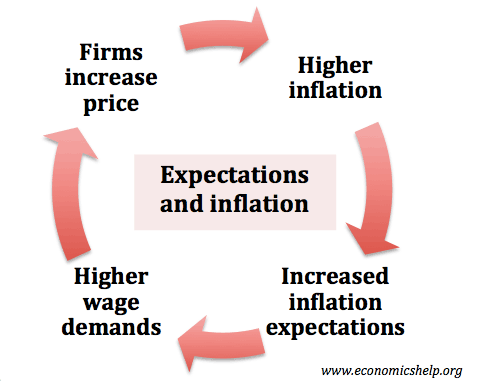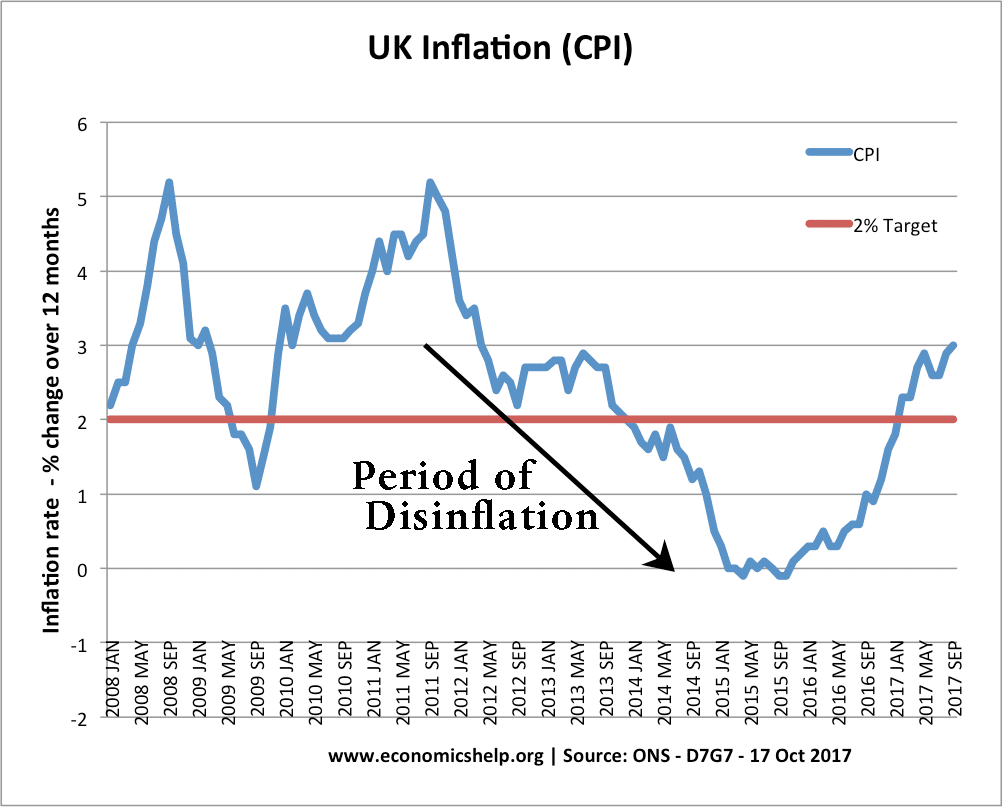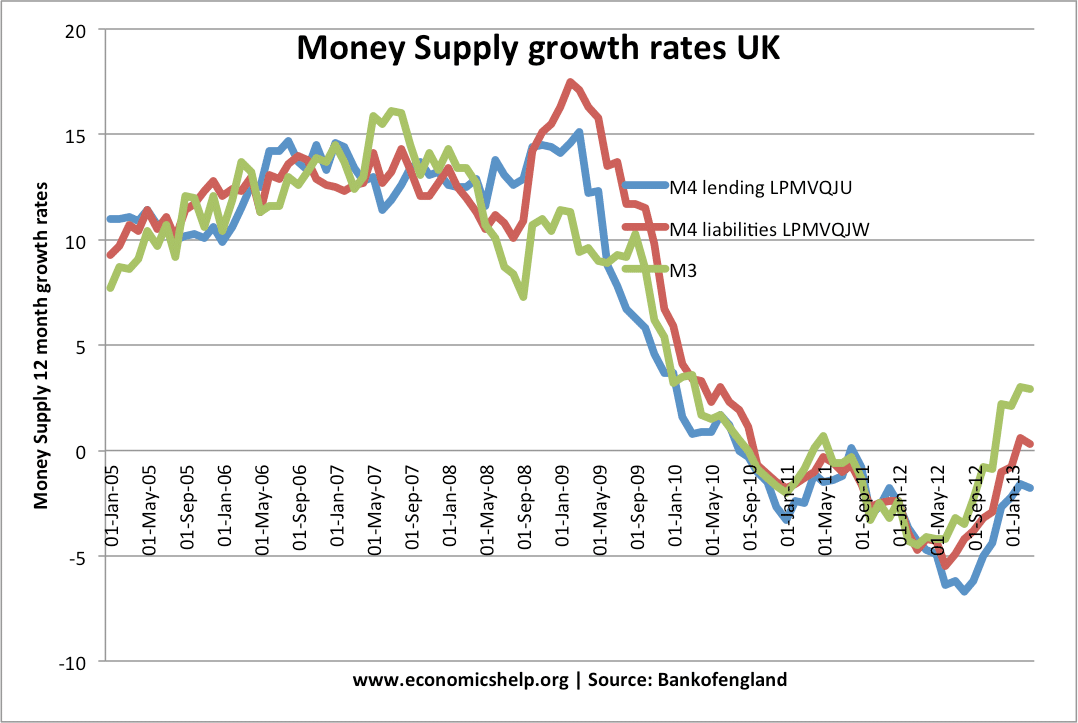How independent is the Bank of England in setting interest rates?
The Bank of England Monetary Policy Committee (MPC) is responsible for setting interest rates and trying to achieve a target rate of inflation. Until 1997, the government set interest rates and monetary policy. But, it was felt that the government might make bad decisions because they would be influenced by short-term political pressures. Therefore, they …



